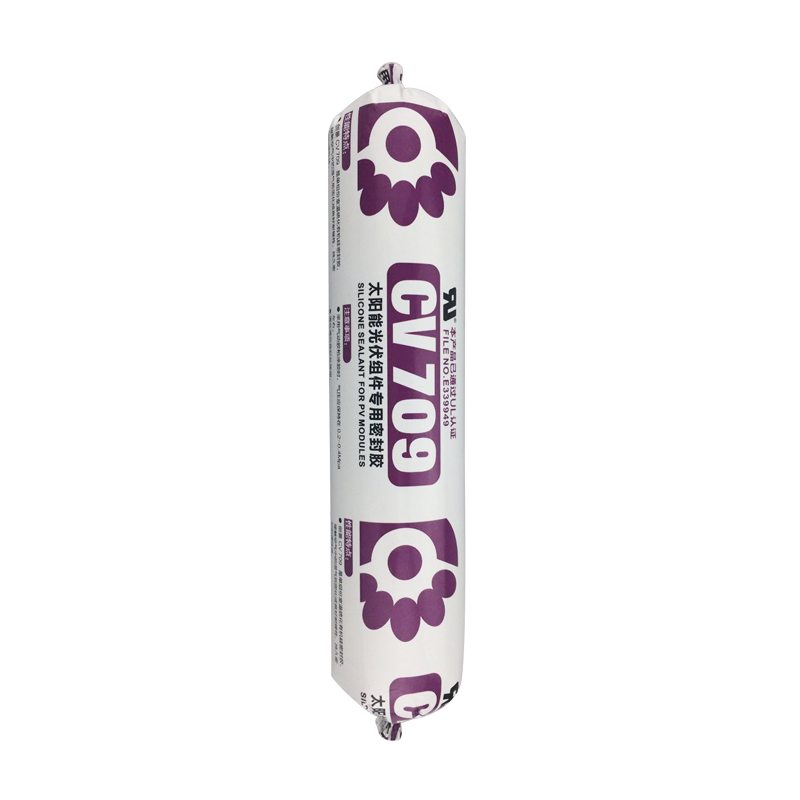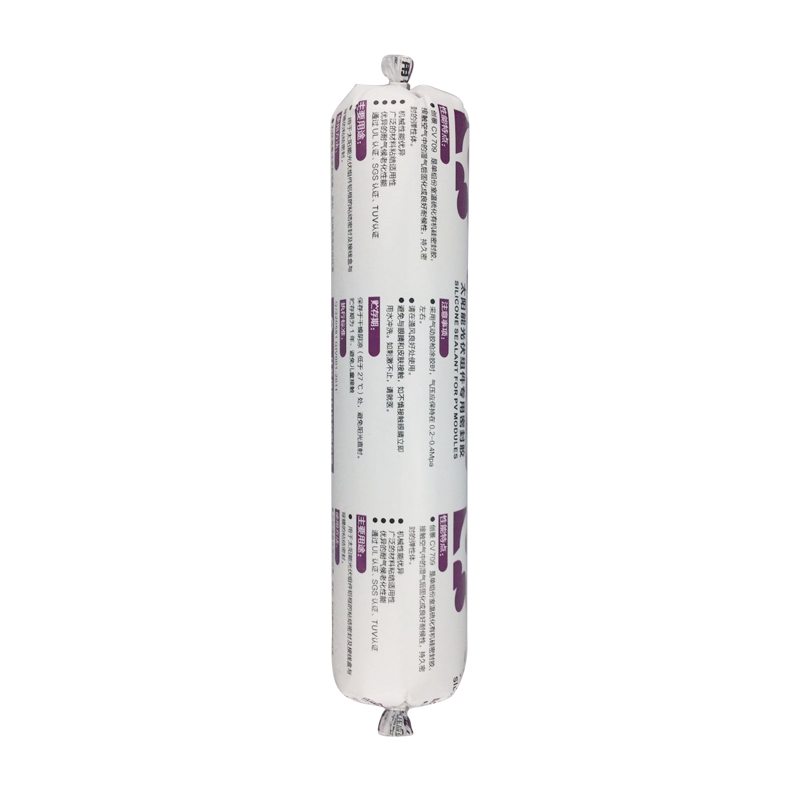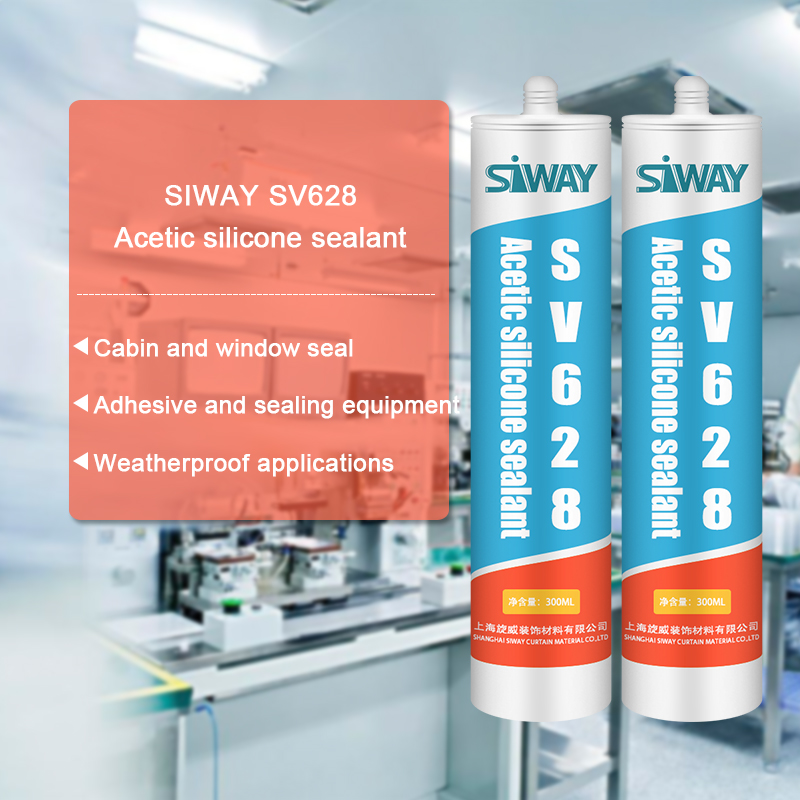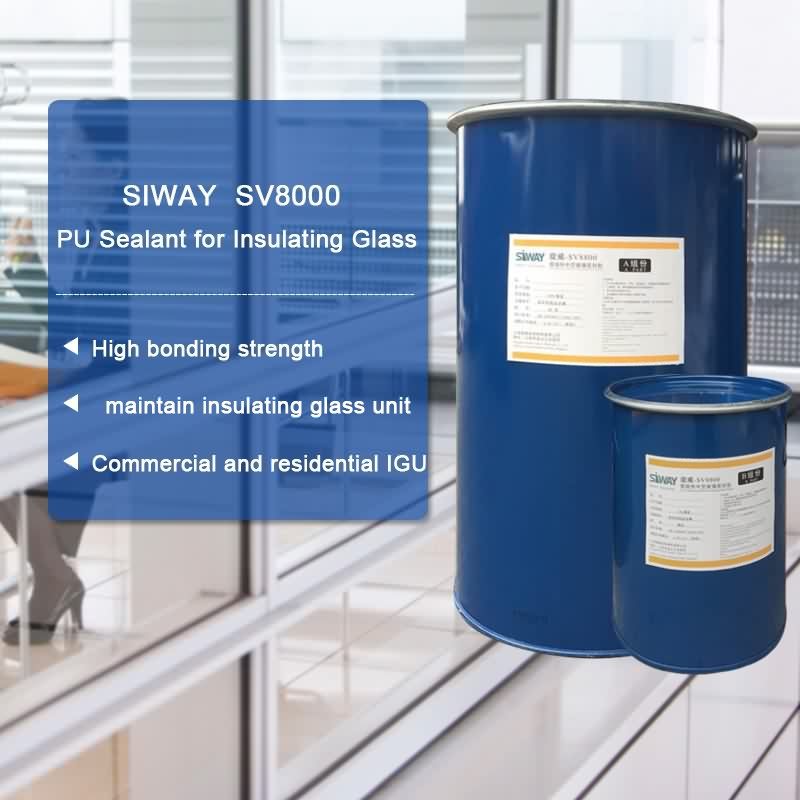Reliable Supplier CV-709 silicone sealant for PV moudels to Congo Factories
Short Description:
Description CV709 is a high-performance silicone sealant, one-component oxime type room temperature curing silicone rubber, has excellent weather resistance, high thixotropy, after curing for solar components involved in the base material has good caking property, by TUV for environmental requirements of the ROHS, UL E339949 Key Features 1. 100% silicone 2. No sag 3. high thixotropy 4. Water & weatherproof 5. For solar components involved in the base material has good bonding Basic Ap...
The very rich projects management experiences and one to one service model make the high importance of business communication and our easy understanding of your expectations for Reliable Supplier CV-709 silicone sealant for PV moudels to Congo Factories, If you are interested in any of our items, please don't hesitate to contact us and take the first step to build up a successful business relationship.
Description
CV709 is a high-performance silicone sealant, one-component oxime type room temperature curing silicone rubber, has excellent weather resistance, high thixotropy, after curing for solar components involved in the base material has good caking property, by TUV for environmental requirements of the ROHS, UL E339949
Key Features
1. 100% silicone
2. No sag
3. high thixotropy
4. Water & weatherproof
5. For solar components involved in the base material has good bonding
Basic Application
1.Solar module frame seal
2.The adhesive of the solar energy back to the terminal block
3.General industrial assembly with seal
Technical data sheet
| Test standard | Test project | Unit | value |
| Before curing——25℃,50%R.H. | |||
| specific gravity | g/ml | 1.34-1.40 | |
| GB13477 | Operating time | min | 15 |
| GB13477 | surface drying time(25℃,50%R.H.) | min | 40-60 |
| 3 days after curing——25℃,50%R.H. | |||
| Temperature range | ℃ | -55~200 | |
| GB13477 | Durometer Hardness | Shore A | 40~55 |
| The ultimate tensile strength | Mpa | ≥2 | |
| GB13477 | Breaking elongation | % | 300-600 |
| Aluminum bonding shear strength | Mpa | ≥1.5 | |
| Electrical properties | |||
| Breakdown voltage | Kv/mm | ≥20 | |
| Volume resistance | ohm.cm | 9E+14 | |
| Dielectric constant | 3.1@50Hz | ||
Certification
UL E339949; TUV
Color
Black, White
Package
300ml in cartridge * 24 per box, 500ml in sausage *20 per box
Shelf life
12 months
Note
If you want the TDS or MSDS or other details, please contact with our sales person.
Come fare uno stampo monovalva in silicone RTV 4028 A+B
Car audio/video (car AV), mobile audio, 12-volt and other terms are used to describe the sound or video system fitted in an automobile. Such devices aren’t necessarily limited to automobiles, and can be used, marketed, or manufactured for marine, aviation, and mass transit (vehicle audio/video). This article focuses on cars as the most common application. At first, speakers from the home audio and professional markets were simply installed into vehicles. However, they were not well suited to the extremes of temperature and vibration which are a normal part of the environment of an automobile. Different manufacturing techniques, and different component materials were used in construction to adapt to these conditions. Car audio competitions started in the early 1980s. The first known occurred in 1981 in Bakersfield, CA and evolved into an annual event, The Summertime Sound Off, which at its height drew upwards of 300 contestants and continued into the 1990s. Like the Summertime Sound Off, some competitions during the 1980s were judged based on sound and installation quality, particularly those hosted in California. But most were simply held to find the loudest and/or most outrageous installations. Perhaps the most well known vehicle of this time was the Wayne Harris modified 1960 Cadillac Hearse; featuring three 24-inch subwoofers as well as eight 12-inch subwoofers. During the late 80s, several interests in the car stereo industry promoted the formation of sanctioning organizations to provide common rules and to move the focus to sound quality. The most important of these were CAN (formed by Alpine) and NACA (supported by shop owners and amp manufacturers). Both organizations sanctioned countrywide regional events and hosted National Championship events in the late 1980′s. They merged to form IASCA in 1990. Despite the move to “quality” based judging, volume was still a significant portion of most early 1990′s competitions. Since then, he two styles — SPL vs. sound quality — have become almost mutually exclusive. The loudness competitions have become known as dB drag racing. Currently, MEASQ conducts Sound Quality Competitions nationally in Australia. This back to basics competition format was developed by Marc Rushton, the founder of one of the largest enthusiast organisations known as Mobile Electronics Australia.





